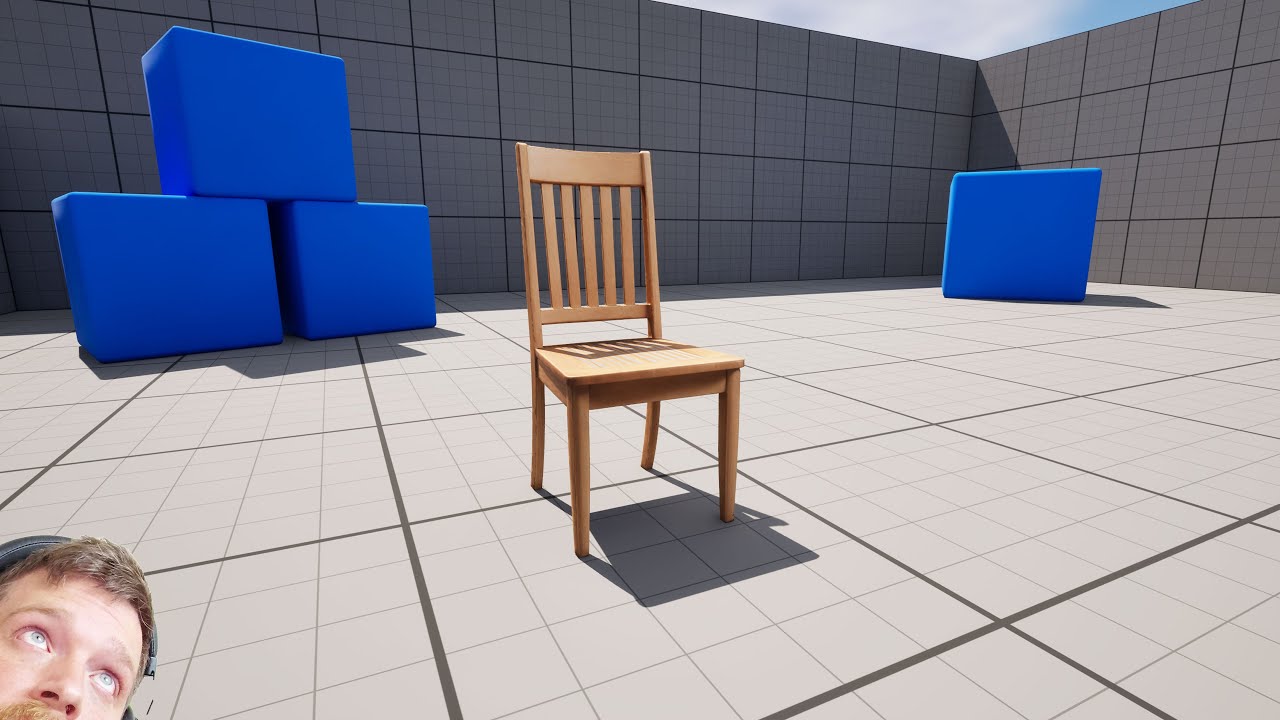The video introduces two innovative AI tools for Unreal Engine 5, Cybever and Ludus AI, designed to enhance game development by enabling procedural level generation and providing code analysis and suggestions. These tools aim to democratize game creation, making it more accessible for smaller teams and individuals while fostering creativity and learning in the industry.
In the video, the presenter introduces two groundbreaking tools designed to revolutionize game development within Unreal Engine 5: Cybever and Ludus AI. These tools leverage artificial intelligence to streamline and enhance the game creation process, making it more accessible for developers. The presenter emphasizes the importance of subscribing to the channel for future insights into these innovative technologies, which promise to significantly impact the industry.
The first tool, Cybever, is an AI-powered level generation system that allows developers to create expansive game environments with minimal input. Users can simply provide a top-down drawing of their desired level, and the AI will generate a multi-kilometer landscape, complete with foliage, buildings, and assets. Additionally, if users do not have a drawing, the AI can create one for them, showcasing its capability for 100% procedural level generation. This tool aims to address the limitations of existing procedural generation methods by introducing depth and interactivity to the generated environments.
The second tool, Ludus AI, functions as a plugin for Unreal Engine 5 that assists developers by analyzing their code and providing suggestions for improvements. It can read blueprint code and offer fixes, and future updates will enable it to generate blueprint code autonomously. Currently, Ludus AI can create models based on user requests, allowing developers to generate placeholder content without relying on external assets. While the AI-generated models may have some imperfections, they serve as valuable tools for filling out scenes during the development process.
The presenter discusses the broader implications of these AI tools on the game development industry, suggesting that they could enable smaller teams to create high-quality games that previously required large teams of developers. While there may be concerns about job displacement, the presenter believes that the long-term benefits of increased accessibility and creativity in game development will outweigh the initial challenges. The tools are seen as a means to democratize game creation, allowing more individuals to participate in the industry.
Finally, the video highlights the potential of AI in education, particularly in teaching Unreal Engine and game development concepts. The presenter encourages viewers to engage with Ludus AI as a learning assistant, emphasizing its ability to help both novice and experienced developers improve their skills. The discussion concludes with an invitation for viewers to share their thoughts and experiences with these technologies, fostering a community of exploration and innovation in the rapidly evolving landscape of game development.
